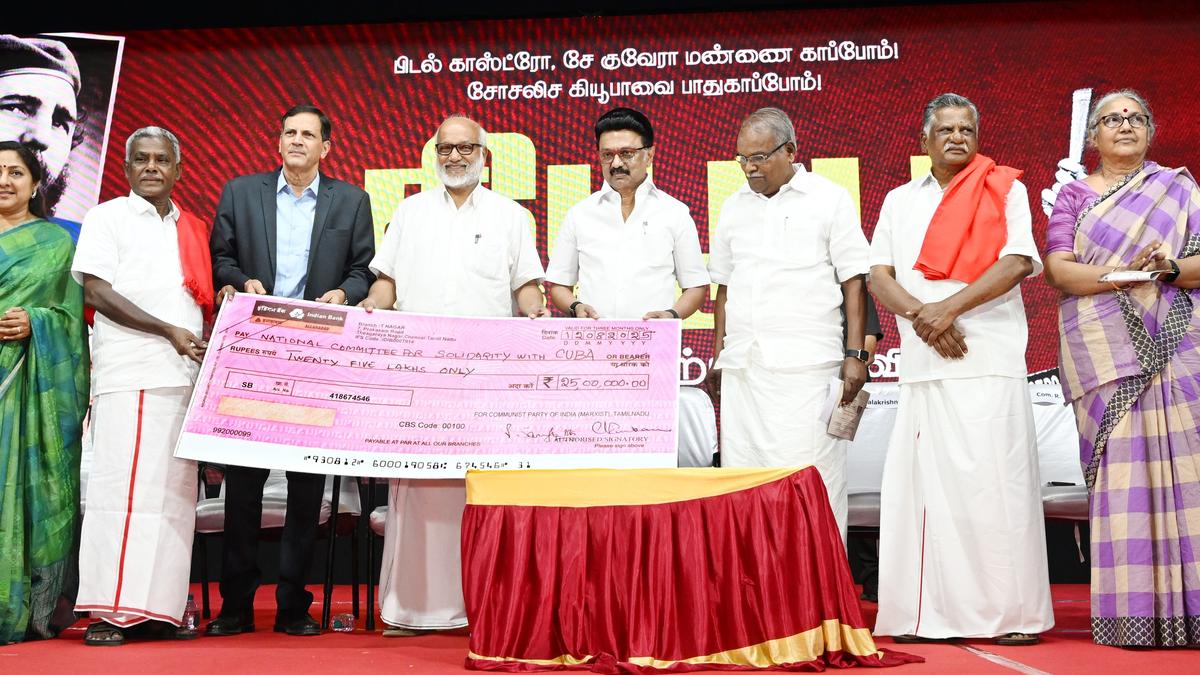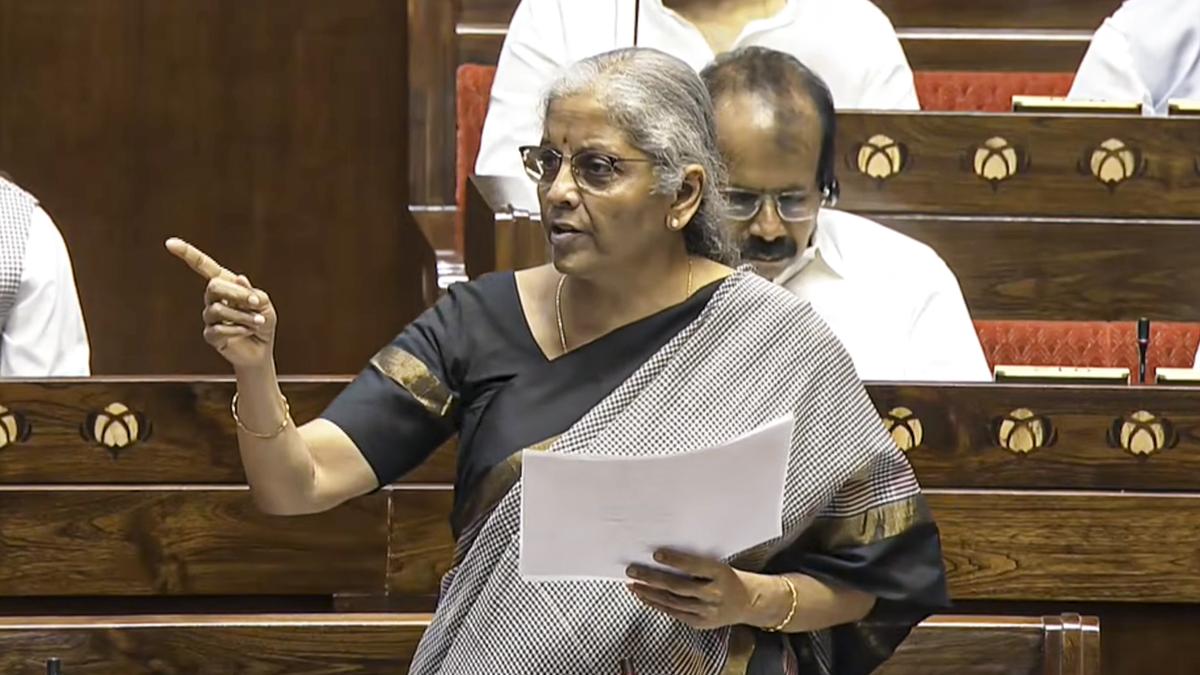Now Reading: Stalin Urges PM Modi to Oppose Proposed 50% U.S. Tariff
-
01
Stalin Urges PM Modi to Oppose Proposed 50% U.S. Tariff
Stalin Urges PM Modi to Oppose Proposed 50% U.S. Tariff

Quick summary
- Tamil Nadu Chief minister M.K. Stalin criticized the BJP-led Union government for failing to oppose the U.S.’s decision to impose a 50% tariff on Indian imports, calling it an “imperialist conspiracy.”
- Stalin referred to previous trade negotiations with the U.S., questioning why former President Donald Trump announced additional tariffs during those talks.
- He also accused Prime Minister Narendra Modi of not providing answers in Parliament regarding claims by Trump about mediating during Operation Sindoor between India and Pakistan.
- Stalin expressed solidarity with Communist ideologies, emphasizing ideological clarity and a amiable alliance with Communist leaders at an event in chennai.
- The event was jointly organized by the National Committee of Solidarity with Cuba in India and CPI(M).
- stalin criticized AIADMK leader Edappadi K. Palaniswami for making remarks about slavery and highlighted his own engagement with Communist publications such as Theekkathir.
- Cuban Ambassador Juan Carlos Marsán Aguilera and several political leaders from CPI(M), CPI, as well as dignitaries including N. Ram from The Hindu Publishing Group, attended the event.
Indian Opinion Analysis
M.K. Stalin’s comments reflect broader concerns surrounding India’s trade diplomacy amidst shifting global economic policies. His critique of the BJP-led Union government’s response highlights potential vulnerabilities that could arise from increased tariffs on indian exports, which could impact domestic industries reliant on international markets. While labeling these tariffs as “imperialist conspiracies” aligns ideologically within his political framework, practical implications may call for more assertive measures or diplomatic clarity to safeguard India’s trade interests.
Stalin’s references to alliances within Tamil Nadu politics suggest consistent outreach toward maintaining ideological partnerships while countering opposition narratives like those presented by AIADMK leader Edappadi K. Palaniswami. This signals intentions to consolidate voter bases through shared platforms while addressing global policies impacting regional economies indirectly.
Read More: the Hindu























